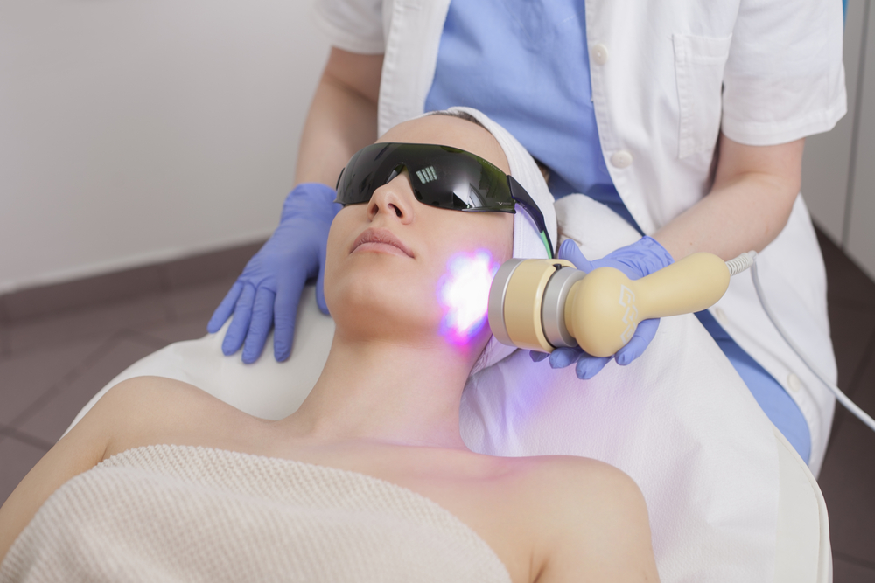Acne is still one of the most common skin disorders worldwide. Acne affects 95% of adolescents between the ages of 11 and 30. The skin issue is most common in all genders between the ages of 14 and 19.
Acne is a skin disorder that can improve and worsen during adolescence and into maturity. It’s a skin disorder that can strike any time and has emotional and mental consequences in addition to the obvious medical ones.
Acne is often the result of hormonal changes in our bodies as we grow, and as a result, confidence can suffer, as can awareness of your skin condition and the number of eyes on you. As a result, more teenagers and young adults are considering acne remedies. Our hormones alter as we develop, which can cause an increase in hormones like testosterone and drive the sebum gland to generate more sebum oil.
Because this oil is overproduced, it can clog our skin’s pores and, together with dead skin cells and dirt, cause acne pimples from clogged hair follicles.
Acne is treatable. On the other hand, acne treatment programmes demand time and patience to uncover the main reason and overcome acne. Acne treatments range from medical to surgical to laser treatments. Acne treatments differ according to the degree and location of the acne. Laser acne therapy is typically utilised when acne has resulted in scarring.
ACNE LASER TREATMENTS: WHAT ARE THEY AND HOW DO THEY WORK?
Acne scarring occurs in some cases. Acne scarring, if left untreated, can leave a lasting impression on the skin and is known as acne scarring. Dermatologists utilise laser acne treatment to cure mild-to-severe acne and acne scarring, as well as to resurface the skin or remove the afflicted area of the skin. Acne laser treatment is intended to minimise skin “pitting” and uneven skin surfaces, but it also helps with changes in skin pigmentation and inflammation caused by acne scarring.
Laser acne treatment works by using different types of lights to eliminate skin cells from the surface of your skin. This promotes the growth of new cells and collagen in the skin. In addition, the laser removes acne-scarred skin by directing laser beams to specific parts of your skin, allowing new skin cell growth. This promotes natural skin healing and the reduction of oily spots on your skin, hence removing scarring.
Acne scarring treatments are typically part of an acne treatment plan that should begin once the primary acne has been subdued and is not flaring up. Then, multiple sessions of laser acne treatment will be required to help remove scar tissue from the skin’s outer layer.
During the healing phase, your dermatologist will most likely recommend topical lotions and other medical acne treatments to ensure you’re supporting acne healing and laser therapy to get the greatest outcomes. They may also recommend a new skincare routine and advise you to drink more water, which can help keep your skin moisturised and rid it of toxins and debris from daily living.
